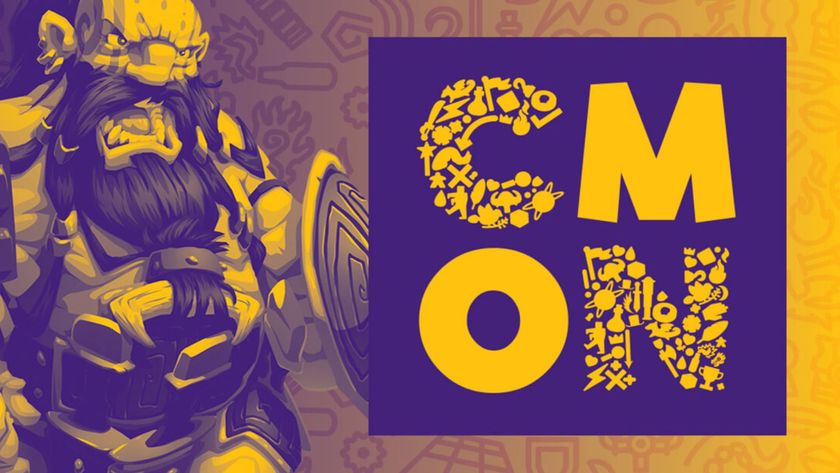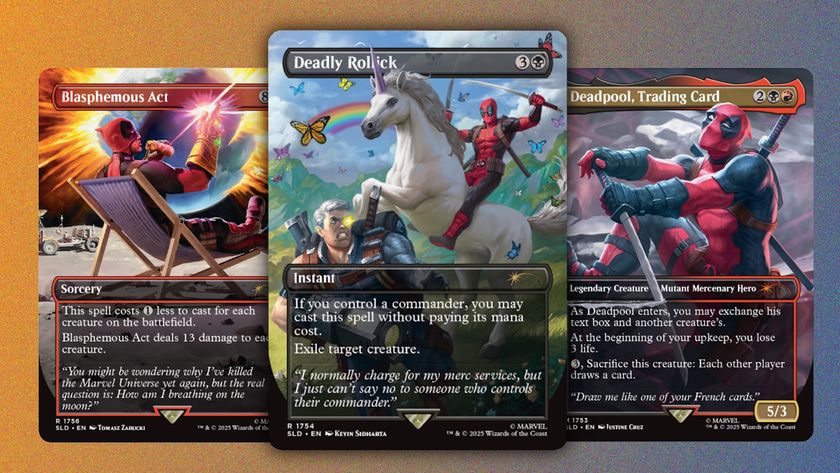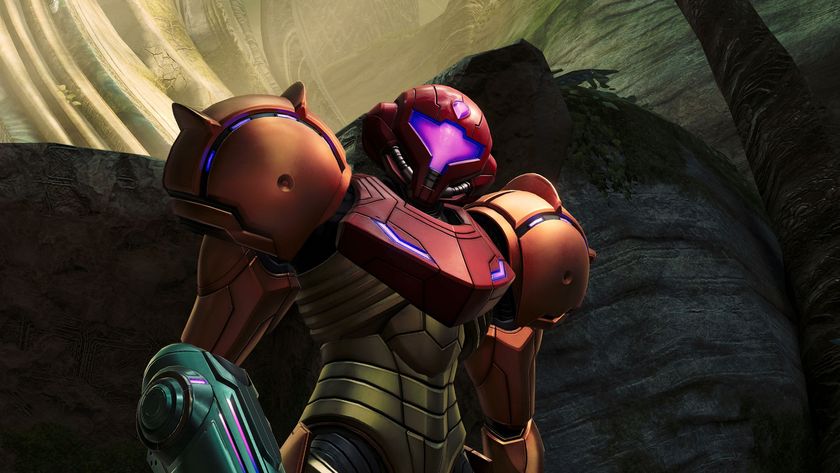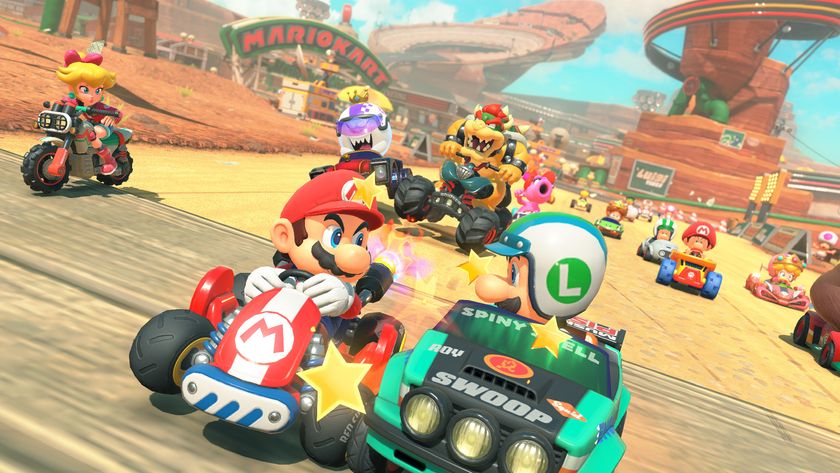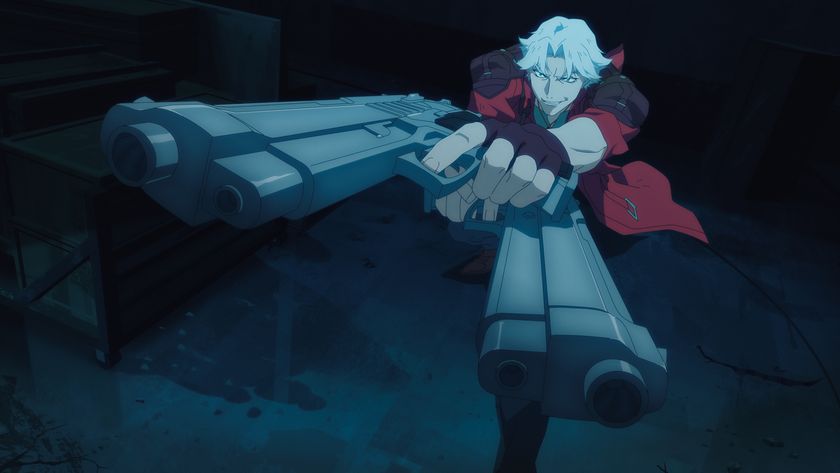Fablecraft takes D&D-style virtual tabletop and makes it so much better
Opinion | Forget about D&D-style virtual tabletops - Fablecraft is better
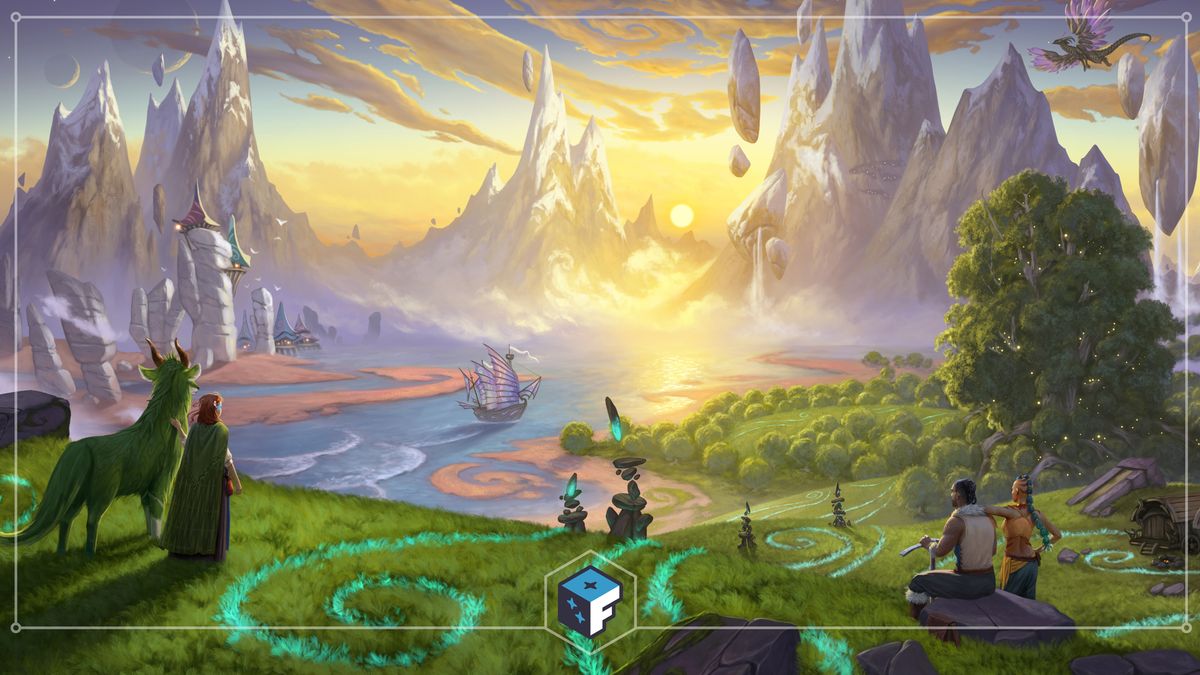
Virtual tabletop is the next battleground for RPGs like D&D, and there's no escaping it. In fact, seeing everyone tee up their own version is like watching armies gather to battle over the crown in a fantasy show. As per Game of Thrones, everyone wants to rule… and it's not clear who'll come out on top.
That's because the field is already full to bursting with contenders. After Roll20 and Fantasy Grounds paved the way with their 2D take on the best tabletop RPGs, new challengers are hoping to leave their mark too. Foundry, Owlbear Rodeo, ARcana, and even D&D itself have now thrown their pointy wizard hats into the ring. So, how do you stand out amongst all that? Fablecraft thinks it has an answer, and it comes down to smashing barriers to entry. Judging by how quickly it demolished its Kickstarter goal, many players agree (it's earned more than 10 times its target in funding, and that number's still going up).
I was able to try Fablecraft ahead of launch, and I came away impressed. I'm not sure who will win the virtual tabletop battle, but this? It's in with a decent shot.
Math, begone

Developed by Riftweaver, Fablecraft makes a splash right away with colorful artwork that feels more like a Pixar animation than your classic medieval fantasy. And yes, that original setting (a world known as 'Mythas' where magic has run wild) with its drop-dead gorgeous paintings help the project stand out. But it's the accessible UI that makes this thing truly land.
Although virtual tabletops helped many of us get through lockdown during the pandemic, they aren't always easy to navigate. Fablecraft wants to change all that. Its system is remarkably straightforward in action, and even those without a jot of experience in tabletop RPGs should be able to pick their way through it. Consisting of easy-to-use tabs and a simple skill system that allows you to roll more dice in a challenge depending on how good you are at something (not unlike The One Ring, come to think of it), there's no math in sight.
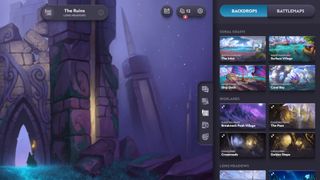
Using Fablecraft as a Game Master - or Dungeon Master, if you prefer D&D terminology - seems to be just as intuitive as it is for players. I went hands-on after our session, and everything is neatly squirreled away via clearly-labelled sidebars. In other words, accessing artwork for scene changes or ambient music is as simple as opening up a tab and clicking on what you want. Because these sections are well-organized, you won't be scrambling to find what you want. And even though there's not the full compliment of content on offer yet (it's still a pre-release build), everything I did see was of an impressive quality.
The dice themselves are equally streamlined. Rather than being d6s or d20s, they are totally unique with a mix of blank faces and pips. Because each roll has a difficulty rating that requires you to roll one, two, or more pips, seeing whether you've succeeded is a doddle. (Not that you have to - Fablecraft will work it all out and display the result with a fancy graphic, kind of like a video game.)
Creating characters is just as painless. You can make a Fablecraft adventurer in two minutes flat by browsing big and friendly option buttons, not to mention a surprisingly strong name generator. (We went through the preview with our sister site PC Gamer, and PCG's own Robin Valentine ended up with the marvelous 'Nutmeg Cudd'.) When combined with attacks that are clearly displayed in your sidebar, you'll never once be unsure of what to do during combat or exploration. Even in battle, where you can or can't go is highlighted and spell area-of-effects are obvious. While it's broadly similar to Roll20 thanks to the top-down aesthetic and 2D tokens representing each character, it's more intuitive overall.
Sign up to the 12DOVE Newsletter
Weekly digests, tales from the communities you love, and more
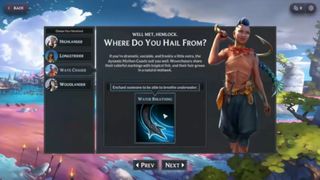
There's greater depth to the system than this would suggest, of course, but the point is that it's remarkably beginner-friendly. Want to introduce a newcomer to tabletop roleplaying games? Fablecraft feels like it might be a great choice.
It'll be even better a year or so down the line. The team is apparently working on including other game systems within Fablecraft itself, and community modding will be possible. In short? It probably won't be long before you're able to play using D&D rules instead of Fablecraft's own system.
Unorthodox superheroes
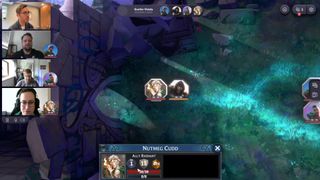
Don't count out Fablecraft's mechanics, though. Besides swinging a sledgehammer at barriers to entry, it trundles off in a markedly different direction to most other tabletop RPGs. Unlike the classic warriors, rogues, and wizards seen throughout this medium (particularly in Dungeons and Dragons books), you'll all be playing as magic-users. These mages are described by the Fablecraft team as 'superheroes' in this world, so it already has a distinct flavor from the off.
Despite the four current classes sounding a little more familiar (you'll use either a Rogue, Sage, heavy-hitting Guardian, or Druid-esque Naturalist), they stand out more than you'd think. My Guardian had the ability to magically transport enemies to the authority of my choice, for example, while Sages can rant about the ins and outs of a subject until the target gets fed up and is forced to agree with them. It's endearingly absurd.
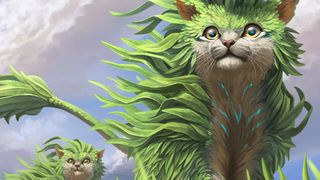
Fablecraft's setting - Mythas - is bold in avoiding fantasy staples like orcs, elves, and dwarves. Instead, it offers four lineages to go with the four biomes offered at launch. Highlanders hail from floating mountains and are expert climbers with skin like rock, while Longstriders are nocturnal hunters who dwell in the grasslands. At the other end of the scale, Wavechasers are water-dwellers living amongst coral beaches, whereas Woodlanders have skin the color of flora to match their forest home.
Pair that with one of three combat styles (to say nothing of lineages that allow you to walk on ceilings or breathe underwater) and you'll find that Fablecraft is pretty unorthodox on the whole. Want to manipulate gravity and pounce impossible distances to get the drop on your foes? Try the Gravimancer. Prefer to support your party with buffs? Radiant characters control sickness and health. Finally, the Elementalist wields fire and ice to crystalize or burn foes.
It's true that we've seen some of these abilities before, but when you've made your choice and merged a combination of the above, it feels fresh. This might be Fablecraft's secret weapon, to be honest; even though it can theoretically serve as a platform for other games, it's one of the few virtual tabletops that has a totally distinct system - and therefore voice - of its own.
Time will tell whether Fablecraft succeeds in conquering the virtual tabletop kingdom, and we're still at the start of its journey. However, everything I've seen demonstrates that it's a strong contender for the crown.
Want some recommendations? Check out the best board games, must-have board games for adults, and essential board games for 2 players.

I've been writing about games in one form or another since 2012, and now manage 12DOVE's tabletop gaming and toy coverage. You'll find my grubby paws on everything from board game reviews to the latest Lego news.
